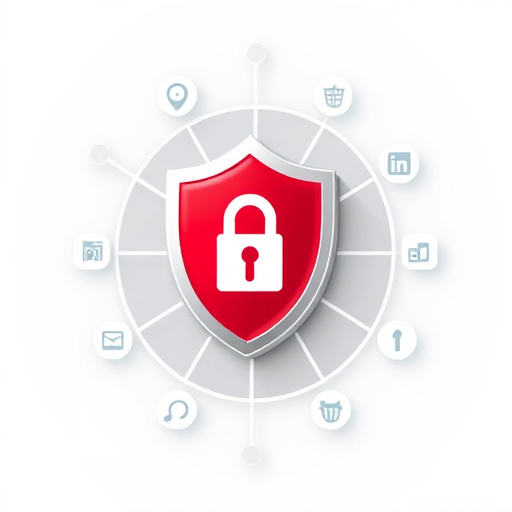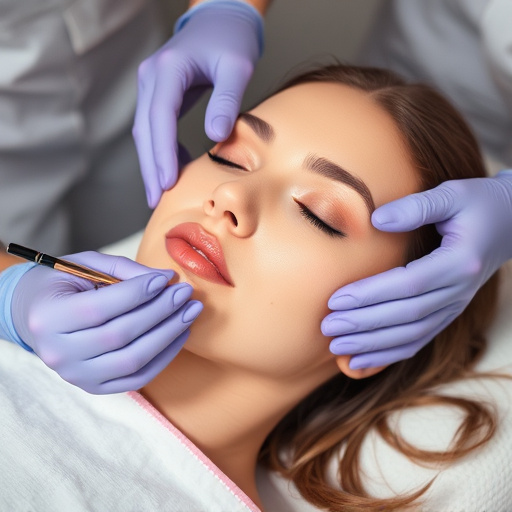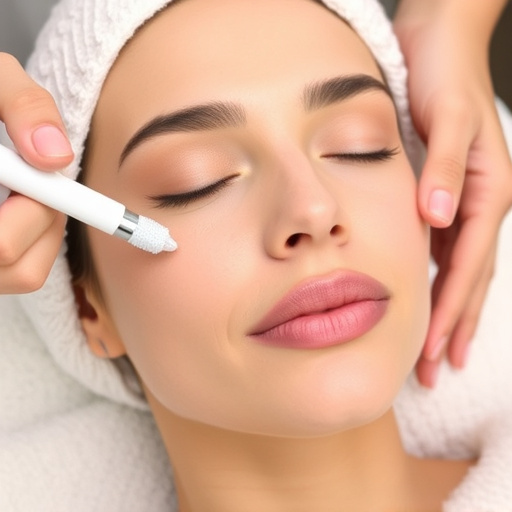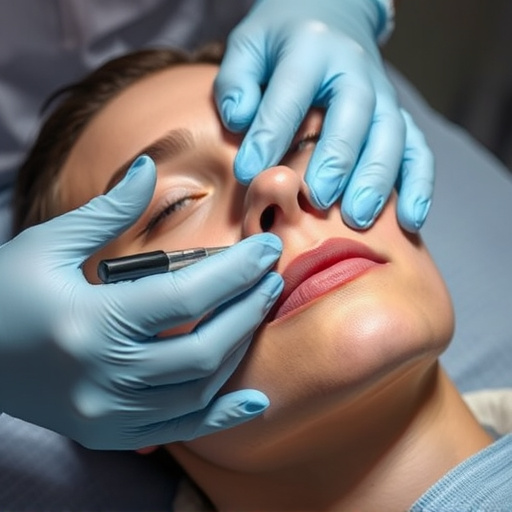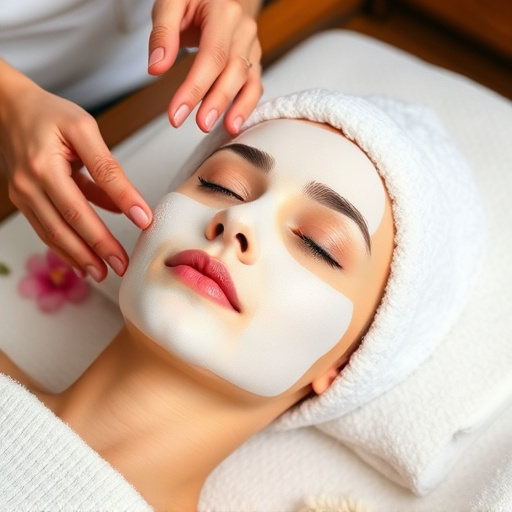Safe laser procedures are paramount in healthcare, with adherence to established standards crucial for patient and practitioner protection. Core certifications equip technicians with theoretical knowledge and practical skills, while specialized training keeps them updated on industry advancements. Essential steps for safe practices include detailed consultations, pre-treatment assessments, risk discussions, benefits overview, and customized facials, enhancing satisfaction and outcomes while minimizing risks.
In the realm of modern medicine, laser procedures offer precise and effective treatments. However, ensuring safe laser procedures is paramount to protect patients and technicians alike. This article delves into the crucial safety certifications required for performing laser procedures, exploring essential standards and certifications for technicians while highlighting key implementation steps to guarantee patient safety in this advanced medical field.
- Understanding Laser Procedure Safety Standards
- Essential Certifications for Laser Technicians
- Ensuring Patient Safety: Key Implementation Steps
Understanding Laser Procedure Safety Standards
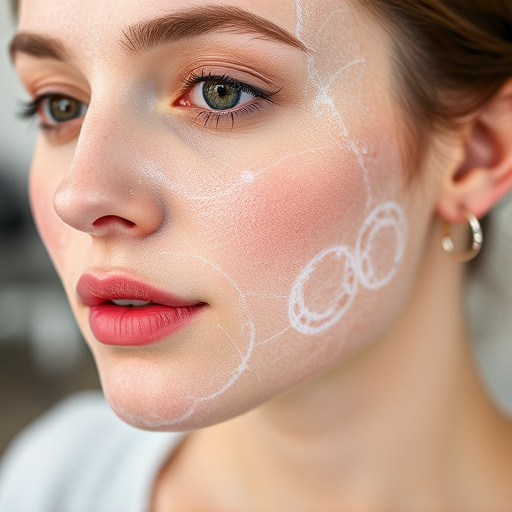
Understanding Laser Procedure Safety Standards is paramount for ensuring safe laser procedures. These standards are designed to protect patients and practitioners alike, by establishing guidelines for the proper use, maintenance, and calibration of laser equipment. Adherence to safety protocols is crucial, especially in procedures like body contouring, personalized skincare, and aesthetic treatments, where precise control over energy delivery and exposure times is vital.
Laser safety standards cover a range of aspects, from eye protection requirements for both patients and operators, to the proper disposal of waste materials. They also dictate specific training and certification needs for personnel handling lasers, ensuring they are equipped with the knowledge to identify potential hazards and mitigate them effectively. By adhering to these standards, healthcare providers can offer high-quality, safe laser procedures that deliver optimal results while minimizing risks.
Essential Certifications for Laser Technicians

In the realm of safe laser procedures, certifications are paramount for ensuring competent and skilled professionals administer these advanced treatments. Laser technicians play a pivotal role in medical spa services, offering procedures such as chemical peels and professional skincare therapies. To this end, fundamental certifications include those specifically tailored for laser operation, which encompass theoretical knowledge and practical proficiency. These certifications verify the technician’s understanding of laser physics, safety protocols, and effective patient management during and after procedures.
Beyond these core certifications, specialized training in various laser technologies enhances a technician’s repertoire. With a wide array of lasers used for different skin conditions and aesthetic goals, ongoing education ensures technicians stay abreast of industry advancements. This continuous learning not only improves service quality but also reinforces the safety of medical spa services, as professionals with specialized knowledge can navigate complex scenarios effectively, ensuring positive outcomes for clients seeking professional skincare solutions.
Ensuring Patient Safety: Key Implementation Steps

Ensuring patient safety is paramount when performing laser procedures, as these advanced technologies offer both precise and effective non-surgical treatments for various skin concerns. To guarantee safe laser procedures, healthcare providers must implement several key steps. First and foremost, thorough patient consultation is essential. This involves understanding individual skin types, medical histories, and specific goals to tailor the treatment accordingly. For instance, a patient undergoing microneedling therapy requires an in-depth discussion on potential risks and benefits due to its invasive nature.
Additionally, pre-treatment assessments are crucial to determining eligibility and managing expectations. These assessments may include evaluating skin conditions, ruling out contraindications, and even offering customized facials as part of a comprehensive approach. By following these implementation steps, healthcare professionals can ensure that safe laser procedures are performed, enhancing patient satisfaction and outcomes while mitigating potential risks associated with non-surgical treatments.
Performing laser procedures requires a stringent adherence to safety standards and certified expertise. By understanding the necessary certifications, implementing key patient safety steps, and staying informed about industry regulations, medical professionals can ensure that laser treatments are conducted safely and effectively, thereby enhancing patient outcomes and maintaining the highest standards of care. Safe laser procedures rely on continuous education, meticulous attention to detail, and a commitment to excellence.

